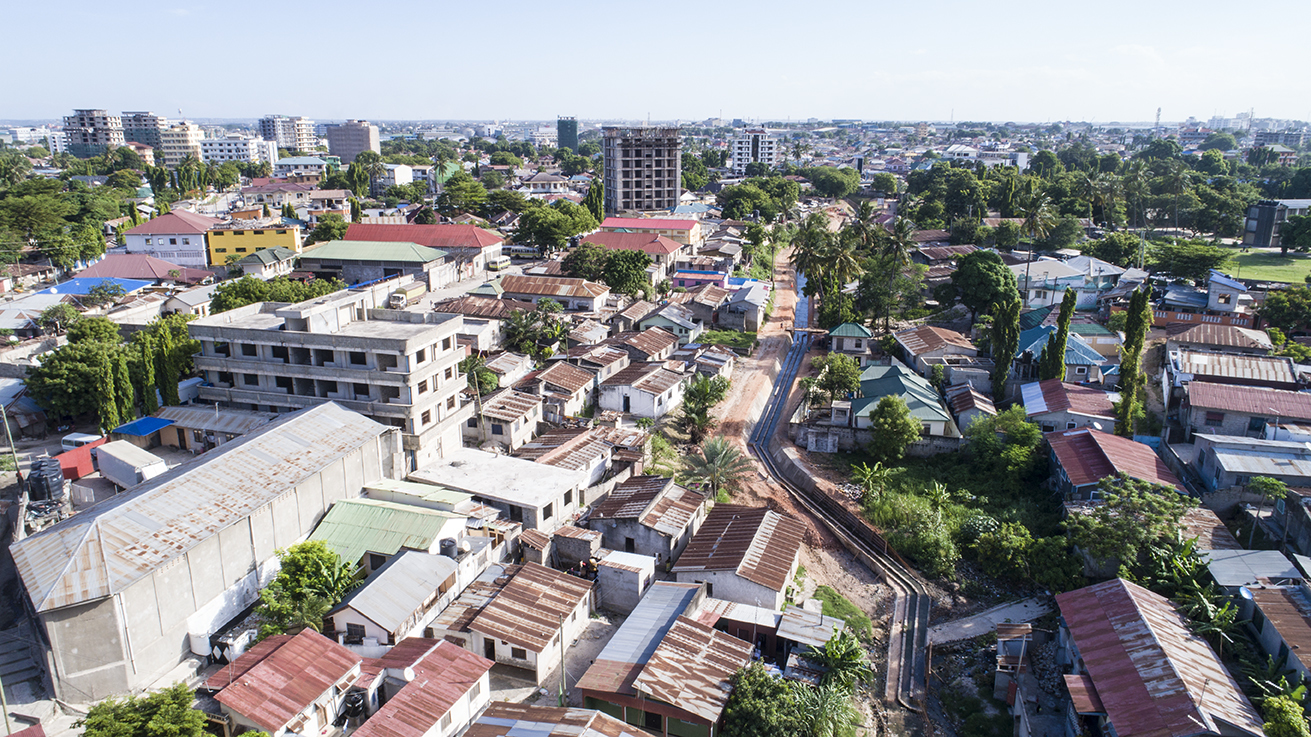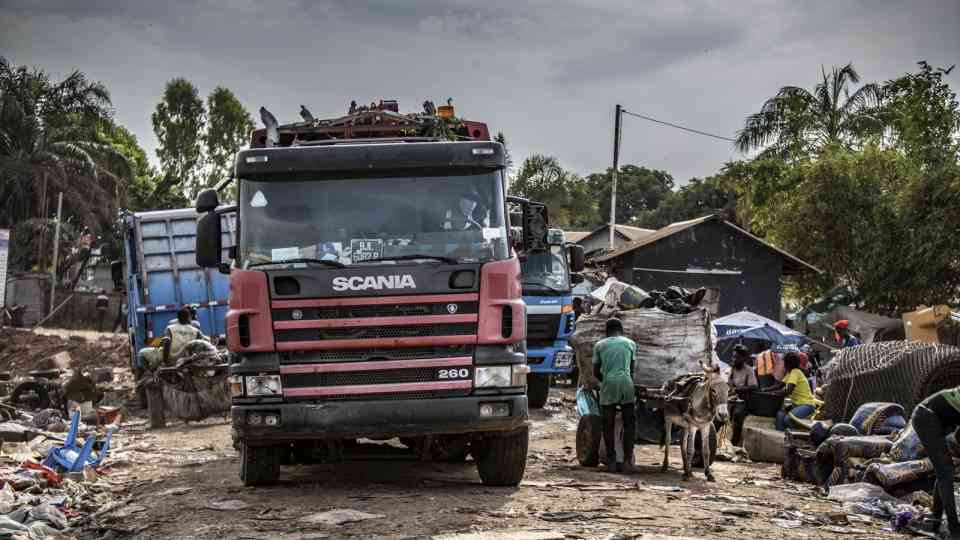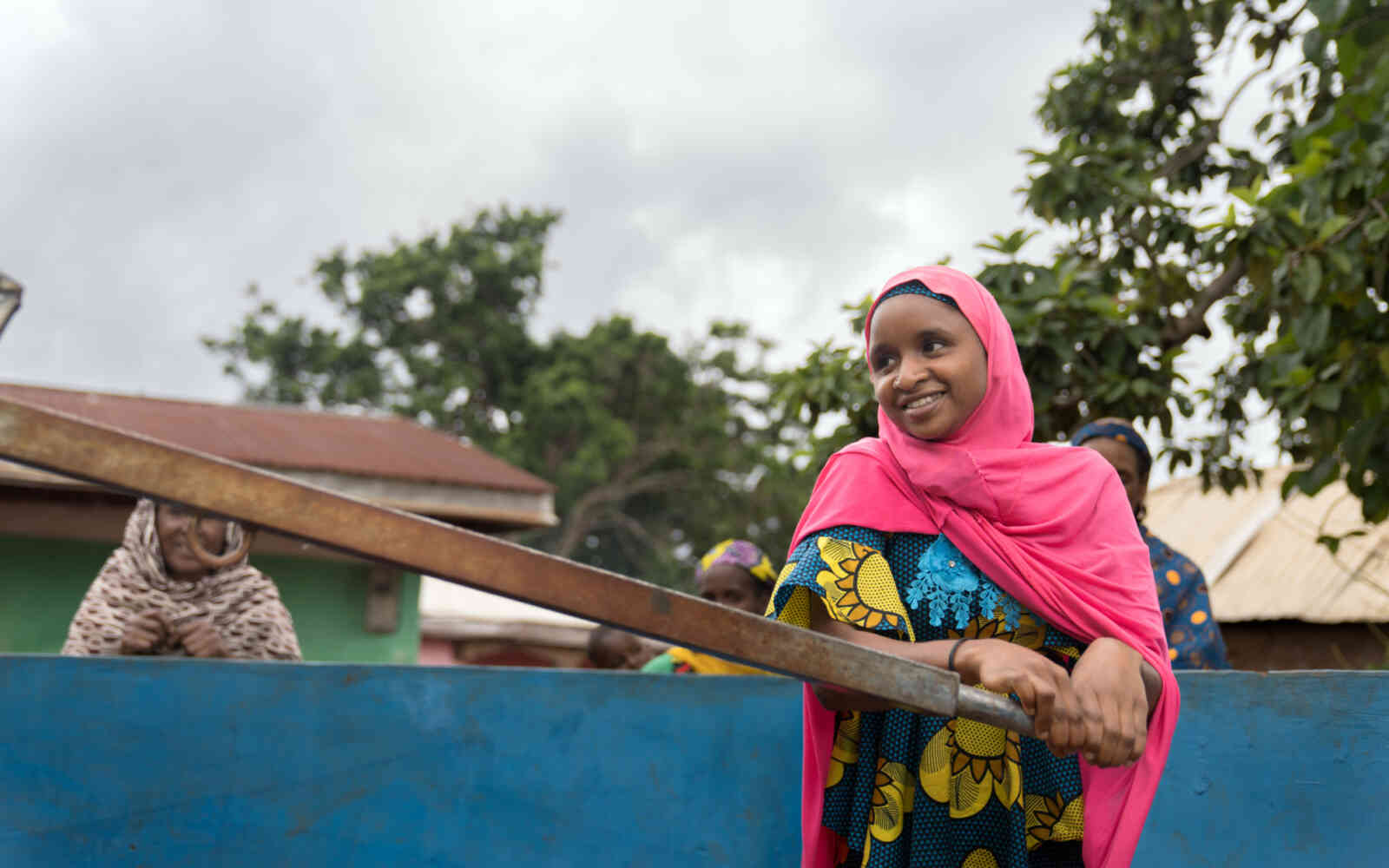The United Nations Office for Project Services (UNOPS)
The critical role of sanitation infrastructure in African cities

As cities in Africa continue to grow at a rapid pace, the importance of sanitation services must not be overlooked – we must get it right.
By 2050, the World Economic Forum predicts that more than 1.3 billion people in Africa will call a city home. Such a large number of people living in growing cities could pose problems, so we asked our experts: What are the top three types of infrastructure to focus on for the sustainable development of cities and urban areas in Africa?
People move from rural areas to urban areas and cities for a number of reasons. Some are seeking out jobs. Some are drawn by educational opportunities. And some are fleeing the impacts of climate change.
As newcomers arrive in already crowded urban areas, they settle where they can, including in informal settlements. But these unplanned settlements lack access to basic services like sanitation, negatively impacting the people living there as well as the environment.
Inadequate wastewater management, for example, helps spread waterborne diseases that kill more than 3.4 million people a year. Water contaminated by chemicals and microorganisms, as well as the release of solid waste into water resources, harms marine life and compromises ecosystems.
As urban areas continue to grow, the burden on already struggling sanitation systems will become much too heavy. Ensuring sanitation infrastructure can adequately deal with current needs and cope with future demands is vital.
So how do we do this?
Existing waste management systems and infrastructure need to be adapted so that they can cope with more waste in existing built-up areas. This means increasing the capacity of landfills and water treatment plants – while also putting composting and recycling requirements in place to reduce the amount of waste produced.
City centres produce higher tax revenues – and lots of waste with very little space to process it. At the same time, the municipalities surrounding the large cities often have the space available for treating waste but no funds to build and operate the infrastructure needed to do it.
To overcome these limitations, the city centre and the municipalities surrounding it could work together on waste management and sanitation services. City centres could provide the funds while the surrounding municipalities could provide the space.
Areas that are suitable for urbanization – areas that aren't exposed to disaster risks and that don't encroach on natural areas – also need to be identified early on. These areas need to be prepared for future urbanization by reserving some of the land now for waste management activities. And funding needs to be mobilized to build waste management infrastructure before people move in.
If we don't take future needs into account now, these new urban areas will once again become slums with no urban services – and no space available to start them up.
This article is the second of a three-part series examining the top three development projects to focus on in African cities and urban areas. Read the first article here.
Agathe Nougaret
Agathe Nougaret is an infrastructure and urban planning expert with more than 14 years in policy, strategy, project development, implementation and quality assurance. Currently the Head of Programme for UNOPS Multi-Country Office in Ghana, she's also worked on urban planning projects in China, France, The Gambia, Haiti and Nepal.














